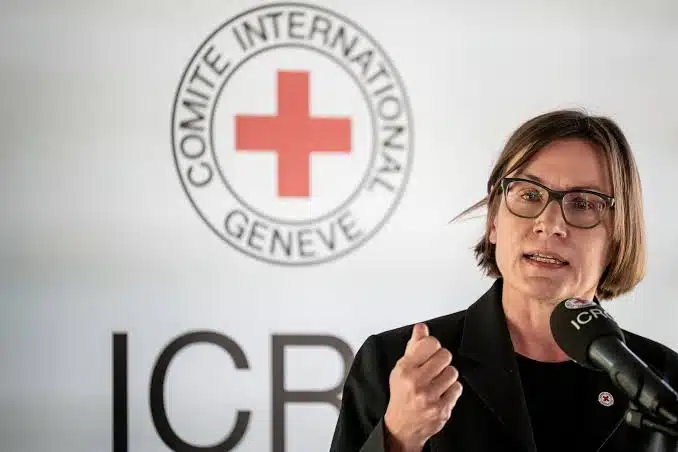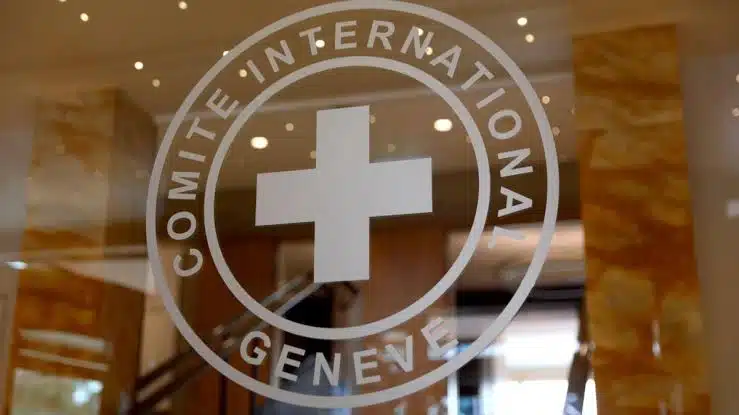The International Committee of the Red Cross (ICRC) has raised alarm over the severe humanitarian impacts of ongoing global conflicts.
In a press release issued on Monday by Aliyu Dawobe from the public relations unit, ICRC President Mirjana Spoljaric highlighted these concerns and called for renewed adherence to the 1949 Geneva Conventions.
President Spoljaric noted that the Geneva Conventions recently celebrated their 75th anniversary on August 12, 2024. Despite this milestone, she expressed regret over the continuing widespread humanitarian suffering, which underscores the need for global recommitment to these treaties.
READ ALSO: Blinken, Lavrov to meet in Geneva to discuss Ukraine crisis
Spoljaric emphasized that the Geneva Conventions remain vital in preserving lives and human dignity. “In a divided world, the Geneva Conventions and international humanitarian law embody universal values that preserve lives and dignity,” she stated.
She further asserted, “They are essential to preventing and protecting against the worst effects of war, and ensuring that everyone, even an enemy, is treated as a human being.”

The President called on global leaders to prioritize the Geneva Conventions to ensure peace and harmony. She warned that any deviation from adherence to these treaties would betray the commitments made on August 12, 1949.
“The Conventions, the foundational treaties of international humanitarian law, are a remarkable success in many ways. They save lives. They prohibit torture and sexual violence. They require humane treatment of detainees. Most fundamentally, they reflect a global consensus that all wars have limits,” Spoljaric added.
Despite their adoption by numerous countries, Spoljaric noted that international humanitarian law is currently under significant strain and, in some cases, is even used to justify violence. “The world must recommit to this robust, protective framework for armed conflict, one that saves lives rather than rationalizes death,” she urged.
Reflecting on the rise in conflicts, President Spoljaric observed that the ICRC previously reported 20 active conflicts in 1999, whereas there are now over 120. She proposed four measures to mitigate suffering:
- Armed conflict parties should renew their commitment to the Geneva Conventions, ensuring both legal adherence and tangible humanitarian improvements in affected areas.
- States should ratify and uphold international humanitarian law (IHL) treaties, particularly the additional protocols of the Geneva Conventions, and ensure that new technologies of warfare, such as AI and cyber operations, comply with IHL while developing limits on autonomous weapon systems.
- Address the significant suffering caused by conflicts in regions like Israel and Gaza, Russia and Ukraine, Ethiopia, Sudan, and several other protracted conflict zones.
- Urge world leaders to negotiate and respect IHL to facilitate the transition to peace and address obstacles to peacemaking.
Spoljaric also highlighted ongoing issues such as the disregard for the sanctity of hospitals, impediments to humanitarian access, dehumanization of civilians, and attacks on humanitarian workers.
“Around the world’s war zones, the sanctity of hospitals is disregarded. Humanitarian access is impeded. Enemy fighters and civilian populations are dehumanized. Humanitarian workers – including ICRC and Red Cross Red Crescent Movement colleagues – are killed,” the ICRC lamented.



